MBI’s Scientific Advisory Board
Overseeing the mission of the Mechanobiology Institute to establish itself as a global leader in developing a robust multi-disciplinary approach to the study of mechanobiology, the Governing Board and the Director of MBI are advised by the MBI Scientific Advisory Board (SAB).
Appointed by the Chairman of the Governing Board, the SAB makes annual visits to MBI to review research programmes and projects of the Mechanobiology Institute and provide counsel and recommendations to the Board and the Director of MBI.
The first Scientific Advisory Board was appointed in 2010 chaired by Prof Daniel Louvard (Institut Curie) and formed by members Prof Ueli Aebi (University of Basel), Prof Albert Libchaber (Rockefeller University) and Prof James Spudich (Stanford University). Each Board serves a term of 3 years.
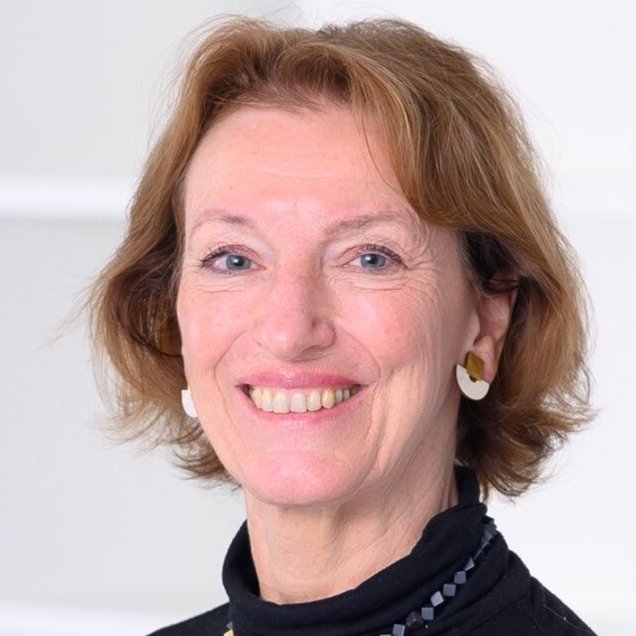
Maria Leptin
President, European Research Council
Maria Leptin received her PhD in 1983 for work on B cell activation carried out at the Basel Institute for Immunology, Switzerland, under the supervision of Fritz Melchers. She switched to the study of development in Drosophila when she joined the laboratory of Michael Wilcox at the Medical Research Council’s Laboratory of Molecular Biology (LMB) in Cambridge, UK, for her postdoctoral work on Drosophila integrins. After a research visit at the laboratory of Pat O’Farrell at the University of California San Francisco (UCSF), where she began her work on gastrulation, she spent 1989-1994 as a group leader at the Max Planck Institute in Tübingen, Germany. In 1994, she became Professor at the Institute of Genetics University of Cologne.
She has been the President of the European Research Council (ERC) since November 2021 and chairs the ERC’s governing body, the ERC Scientific Council. Before her appointment as ERC President, Maria Leptin was the Director of the European Molecular Biology Organisation (EMBO) in Heidelberg, and a research group leader at the European Molecular Biology Laboratory. She is an elected member of EMBO, the Academia Europaea and the German National Academy of Sciences (Leopoldina). She is an Honorary Fellow of the Academy of Medical Sciences, a Foreign Member of the Royal Society and an international member of the US National Academy of Sciences. Find out more about Prof Maria Leptin here.

Jennifer Lippincott-Schwartz
Senior Group Leader and Head of 4D Cellular Physiology, Howard Hughes Medical Institute, Janelia Research Campus
Jennifer Lippincott-Schwartz received her B.A. from Swarthmore College, her M.S. in Biology from Stanford University, and her PhD in Biochemistry from Johns Hopkins University. She did post-doctoral training at the National Institutes of Health (NIH) under the mentorship of Dr. Richard Klausner and served as Chief of the Section on Organelle Biology in the Cell Biology and Metabolism Branch of the National Institute of Child Health and Human Development at NIH until 2016. She is currently group leader at Janelia Farm Research Campus, Ashburn, VA.
Her research uses live cell imaging approaches to analyze the spatio-temporal behavior and dynamic interactions of molecules and organelles in cells. Her group has pioneered the use of green fluorescent protein (GFP) technology for quantitative analysis and modeling of intracellular protein traffic and organelle biogenesis in live cells and embryos, providing novel insights into cell compartmentalization, protein trafficking and organelle inheritance. Her work has been recognized with election to the National Academy of Sciences (2008) and the National Institute of Medicine (2009), and with the Royal Microscopy Society Pearse Prize (2010) and the Society of Histochemistry Feulgen Prize (2001). Learn more about her research at https://www.janelia.org/lab/lippincott-schwartz-lab
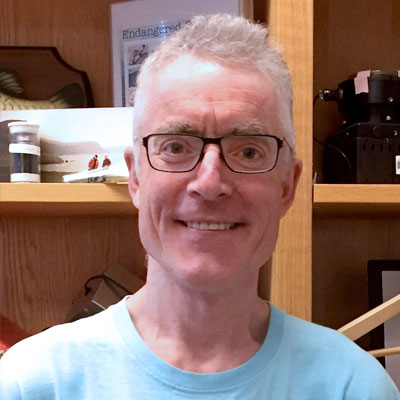
Timothy Mitchison
Hasib Sabbagh Professor of Systems Biology, Harvard Medical School
Dr. Timothy Mitchison is the Hasib Sabbagh Professor of Systems Biology at Harvard Medical School. He received a BA in Biochemistry from Oxford University in 1979, and a PhD in Biochemistry and Biophysics from UCSF in 1984. After a post doc in London he joined the faculty at UCSF, where he rose to Professor of Pharmacology. He moved to Harvard Medical School in 1997 to establish the Institute of Chemistry and Cell Biology, one of the first drug screening platforms in academia. In 2004 he helped Marc Kirchner establish the new department of Systems Biology. His lab uses systematic and quantitative methods to address problems in basic cell biology and medicine, with a specific focus on how the mechanism of cell division responds to metabolism, cell size and shape, and pharmacological cues in both normal and diseased cells.
He is co-Director of the Initiative in Systems Pharmacology at Harvard Medical School. His professional honors include election to the UK Royal Society (2003), the US National Academy (2014) and serving as President of the American Society of Cell Biology (2010). Dr. Mitchison’s research interests span basic cell biology, chemical biology and pharmacology. He is a co-founder of Ribon Therapeutics Inc. and a member of the Scientific Advisory Boards of Dewpoint Inc, the Innovative Protein Institute (IPI) and the Mechanobiology Institute, Singapore. Find out more about the Mitchison Lab.
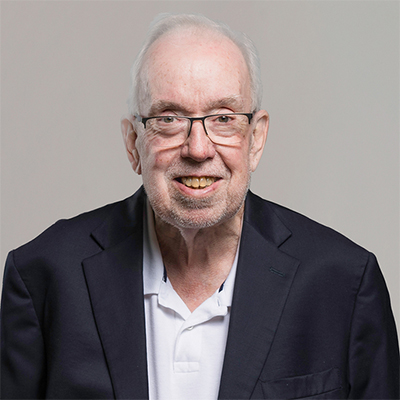
Kenneth D Noonan
Senior Advisor, Lightstone Ventures
Ken Noonan received a B.S. in Biology from St. Joseph’s University, followed by a Ph.D. in Biochemistry from Princeton University. He is an expert in translating early-stage life science technologies into the development stage, often venture-backed, companies.
Before joining Lightstone Ventures, he was a consultant to the life science industry. Most recently he was a senior partner and head of the European Life Sciences Practice at L.E.K. Consulting LLP. Prior to that he was a partner in the pharmaceutical practice at Booz-Allen & Hamiliton. Dr Noonan was also the founding partner and head of the European practice at The Wilkerson Group Ltd. His operating experience in discovery includes management roles at Cooper Life Sciences (to include Technicon), Becton Dickinson and Bethesda Research Labs. Dr. Noonan has served as a Board member of both public and private life science companies in Europe and the U.S. to include Intercept Pharmaceuticals Inc., Kailos Genetics and Orchid Biosciences.
During his academic career, Dr Noonan authored more than 50 articles on the role of the cell surface in cell division.
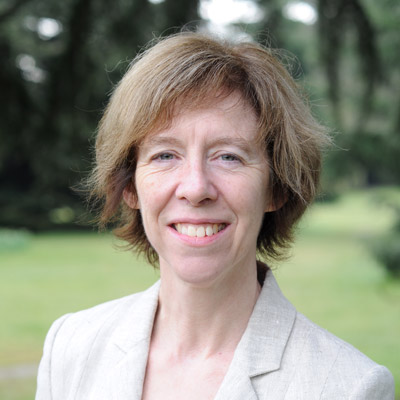
Fiona Watt
Director, European Molecular Biology Organisation (EMBO) and Group Leader, European Molecular Biology Laboratory (EMBL)
Fiona Watt received her DPhil in cell biology from the University of Oxford, UK, in 1979 and carried out postdoctoral research at M.I.T, Cambridge, USA. She established her first laboratory at the Kennedy Institute of Rheumatology in London, UK, and then moved to the Cancer Research UK (CRUK) London Research Institute where she worked for 20 years. From 2007 to 2012, she was deputy director of the CRUK Cambridge Institute and of the Wellcome–MRC Cambridge Stem Cell Institute, University of Cambridge, UK. She moved to King’s College London, UK, in September 2012 to take up the post of director of the Centre for Stem Cells and Regenerative Medicine. She was on secondment as executive chair of the Medical Research Council from 2018 to 2022. In January 2022, Fiona Watt became EMBO Director and a group leader at EMBL Heidelberg.
She remains a professor and visiting worker at King’s College London. Prof. Watt is a leading scientist in stem cell biology. Her main research interests are how the differentiated state of cells in adult tissues is maintained and how this information can be harnessed for regenerative medicine. She is an elected member of EMBO, the Academia Europaea and the US National Academy of Sciences, and a Fellow of the UK Royal Society and Academy of Medical Sciences. In 2016, she received the FEBS | EMBO Women in Science Award. Find out more about her research at Watt Lab.
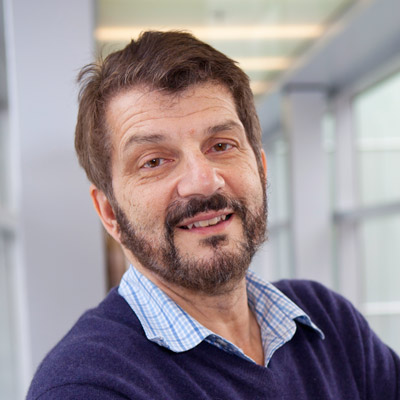
David A Weitz
Mallinckrodt Professor of Physics and Applied Physics, Harvard University
David Weitz received his B.Sc. from University of Waterloo in 1973, followed by a Ph.D. in physics from Harvard University (Advisor: Prof. M. Tinkham) in 1978. He then joined Exxon Research and Engineering Company, where he worked for nearly 18 years. He then became a professor of physics at the University of Pennsylvania until his most recent appointment to Harvard University as Mallinckrodt Professor of Physics & Applied Physics. He holds several other affiliations at Harvard, including Director of the Materials Research Science and Engineering Center, Co-Director of the BASF Advanced Research Initiative, and Member, Kavli Institute for Bionano Science & Technology.
Weitz and his group study the physics of soft condensed matter, materials easily deformed by external stresses, electric, magnetic or gravitational fields, and even thermal fluctuations. These materials typically possess structures much larger than atomic or molecular scales; the structure and dynamics at these mesoscopic scales determine the macroscopic physical properties. The goal of the Weitz lab is to probe and understand the relationship between mesoscopic structure and bulk properties. The group studies both synthetic and biological materials, with interests ranging from fundamental physics to technological applications and from basic materials questions to specific biological problems. He is a member of the National Academy of Sciences, National Academy of Engineering and the American Academy of Arts and Sciences. Learn more about his research at weitzlab.seas.harvard.edu.

